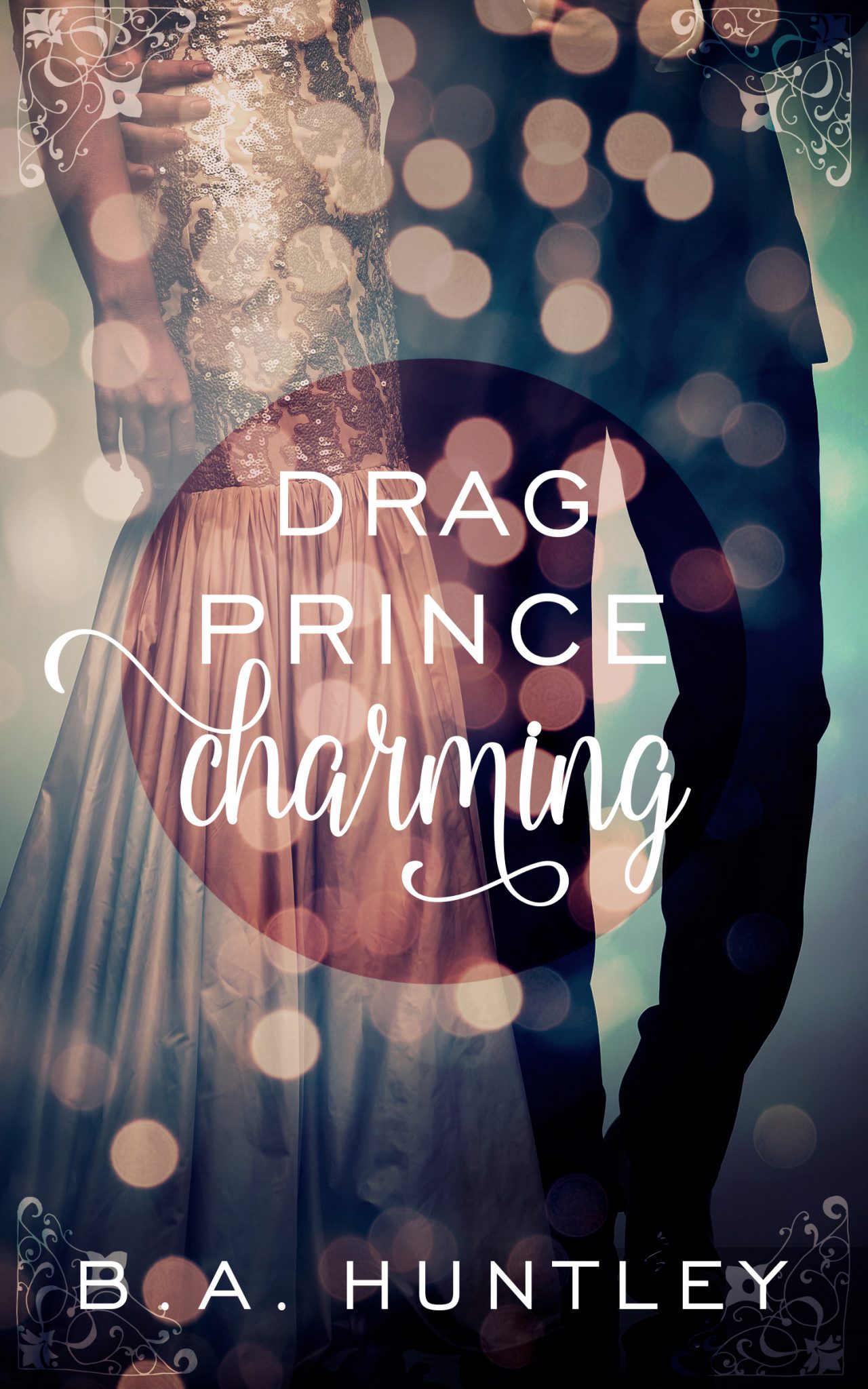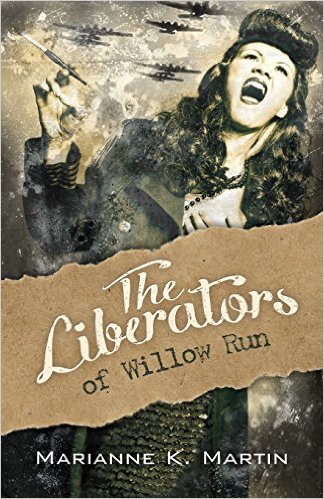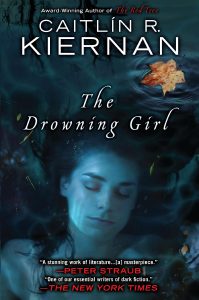Somewhere in Manhattan there is a think tank wherein scientists have spent the last ten years perfecting an instrument that will allow them to measure a book’s suitability for beach reading. On the Beach Readability Index (BRI) the novella Bella Key, by Scarlet Chastain, scores a perfect ten.
The first point in Bella Key’s BRI favor is that the story is set on a beach. The beach-reader can immerse herself in sand and surf, both fictional and actual.
Bella Key takes its name from the tiny island off the coast of Florida where the book is set. Bella Key’s heroine, Maddie, travels there on a whim, feeling overwhelmed and beset upon by her job and her mother’s insistence that she marry the male attorney she has been dating. She feels like something is missing and she finds it in the form of Sunny, the beautiful bed and breakfast owner who lets her stay for free, provided Maddie cooks for the two of them.
From there Bella Key unfolds like the classic romance, complete with requisite sexual tension, colorful supporting characters, a fair dose of sex, and [surprise!] a happy ending. The story is thoroughly enjoyable and the writing is very professional. Chastain does not make any rookie mistakes. The pacing is good. The scenes are vivid. Dialogue moves quickly.
I only have two criticisms, both of which are related to the genre. Criticizing a book’s genre-based aspects is something I basically disapprove of. You can’t read a sleepy memoir about growing up Methodist and say it would have been more fun if there had been strippers or maybe an alien abduction. It’s just not helpful. But here I go…
My first criticism was that I found Bella Key to be a bit short. (It’s a novella, so, of course, it’s short.)
I had read that the e-publishing revolution had brought the novella back from obscurity. I wanted to explore this literary form, so I picked Bella Key.
Now here is a true confession I would never make at my day job (I am an English professor and writer by trade): I don’t really like short stories. The problem is that they are so short. If I’m satisfied when they end at page 12, then they can’t have been that good to begin with. (There are a few exceptions. I love Isak Dinesen, and I’m a sucker for anthologies with a theme like Portland Queer: Tales of the Rose City.) But usually I’m just disappointed when a short story is over.
I felt somewhat that way about Bella Key. It’s a perfect 10 on the Beach Readability Index because you can start it right after you finish your clam strips and finish it before you hit the margarita shack. But it is a good read, so, at the end of the day, I wish it had lasted longer.
My second criticism was that I didn’t quite believe the sex.
Everyone knows that the sex in romance novels is not realistic. I’m okay with that. In fact, I get a little embarrassed when romance novelists try to be realistic by having the dog jump on the couple while they are in bed or by having one of the lovers get up and pee. That’s not what I came for.
Nonetheless, when dutiful, overworked, previously-heterosexual Maddie has sex with Sunny for the second time and covers her body in honey and then licks it off, I don’t believe it. I just don’t know anyone who would go that high on the glycemic index on her first lesbian weekend. Of course, that’s the whole point. Bella Key is an erotic romance novel. Chastain would be well within her right to tell me that if I wanted real sex, I could just get a copy of Our Bodies, Our Selves and read up.
Self-servingly, I’d like to point out that the scene would have worked if Bella Key had been a novel. If the honey came out on page 200 it would have all made sense.
At the end of the day, the really interesting thing about Bella Key is not the sex nor the fact that it is a novella, but the fact that Scarlet Chastain is a pen name for Sandra Bunino, a well-published author of M/F erotic romance. (I read a few interviews with Chastain/Bunino. She sounds like a genuinely nice person.) Bella Key was not written for an exclusively – or even a primarily – lesbian readership.
I know some people who disapprove of this kind of crossing over, feeling that lesbian erotica should be written for and by lesbians only.
Personally, I liked the idea that a successful M/F romance writer would introduce her primarily heterosexual readers to a lesbian love story. I can hear a few of my more politically correct friends saying “but that’s just another form of objectification!”
Maybe.
But I grew up on media that portrayed queer women as evil or noble-and-destined-to-be-tragically-killed. Those were the options. I’ll take lesbians-as-sexy-romantic-heroines any day.



